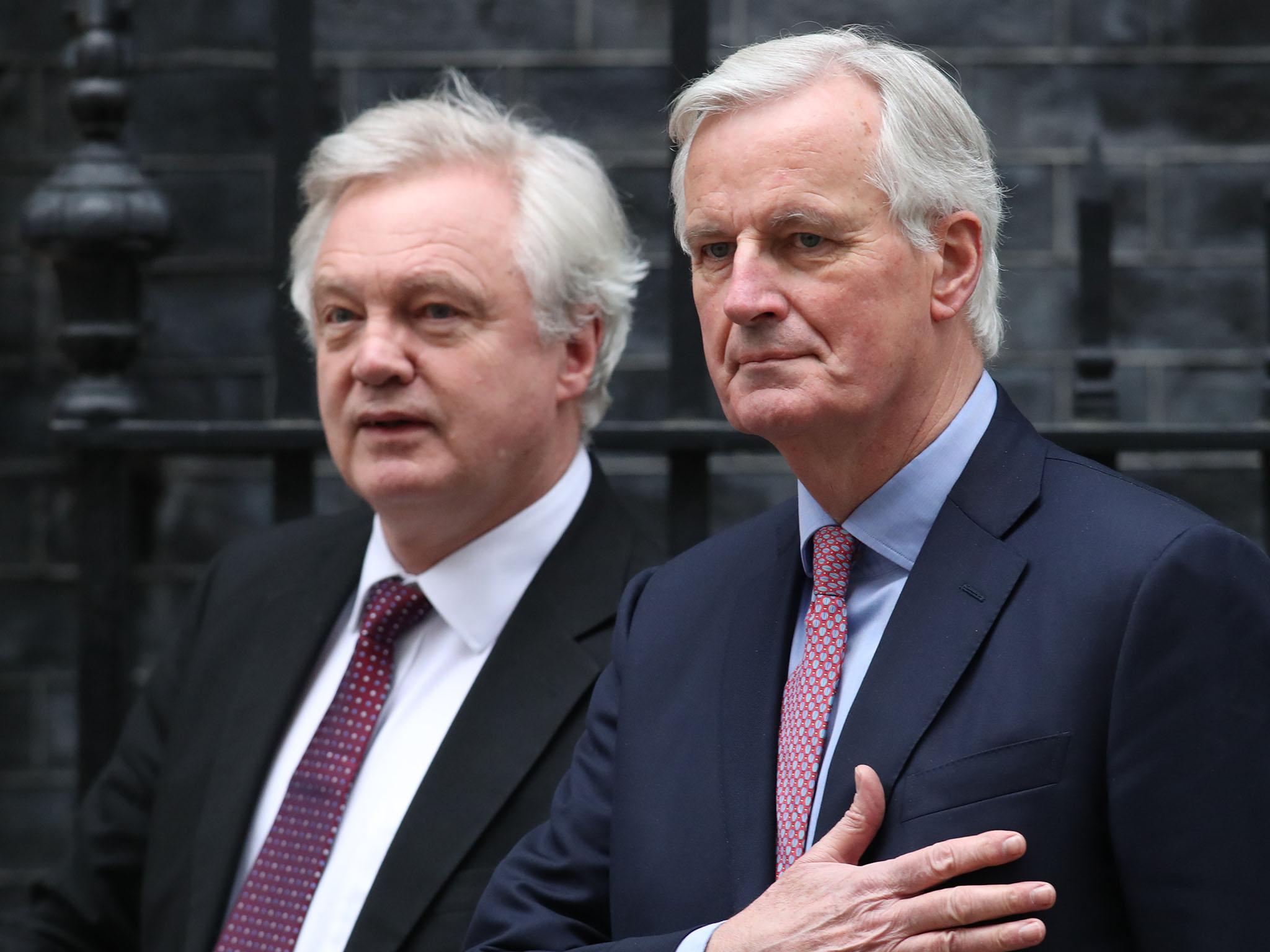Incompatible objectives and red lines are making a positive Brexit trade deal impossible
Many of those issues such as customs union membership are being pre-empted and forced to a conclusion by the Irish border problem

It was always only a matter of time before the agreement hurriedly put together last December on the terms of Britain’s exit from the EU crumbled on its first exposure to hard legal reality. For all the predictable opprobrium heaped on Michel Barnier and the European Commission, all they have attempted in their proposed treaty is to turn the political waffle of last Christmas into the precise language of an international agreement.
In doing so, they have also tried to reconcile the irreconcilable, to resolve the insoluble and, at times, to make two and two add up to four, rather than pretending that they sum to three, five or either three or five, depending on who’s asking.
Hence the furore over this very modern-day version of the historic Irish question. The commission has proposed a “backstop” solution that would involve Northern Ireland retaining membership of the single market and customs union to preserve the provisions of the Good Friday Agreement and honour the joint commitments of the UK, Ireland and EU that there should be no hard border.
That is not the EU’s preferred option – but the British Government has yet to provide anyone with an idea about how technology or streamlined arrangements can overcome the logic that if the UK leaves the EU customs union then some sort of apparatus will be needed to make sure the EU, and the UK for that matter, can maintain its external tariff barriers and enforce rules of origin, even if there is a UK-EU free trade zone. Apart from the vague suggestions in a British position paper on customs last year, and Boris Johnson’s airy suggestion that it could be no more difficult to run than the London congestion charge, the UK has failed to come up with what Sir John Major calls “answers, not aspirations”.
Sir John made a powerful intervention today. He knows a thing or two about party divisions and EU negotiations having successfully piloted Britain and the Conservative Party through the Maastricht Treaty a quarter of a century ago. So when he tells us that the Leave campaign misled the country, that the Government’s red lines will deliver the worst possible deal and that the time has come for our rulers to tell the British people some harsh truths about Brexit, he deserves a hearing.
The divisions that started to open up during the referendum campaign in 2016 have merely grown more bitter in the months since. As Sir John said, Parliament has to play its rightful role in healing those wounds, with a meaningful vote on Brexit, and preferably a free one that allows MPs and peers to exercise their judgement and apply their conscience, just as they should. They should also have the option of sending the final deal and final decision back to the British people.
What is becoming clear is that a combination of logically incompatible objectives and the Government’s self-imposed red lines are making any kind of positive Brexit trade deal impossible. Many of those issues such as customs union membership are being pre-empted and forced to a conclusion by the Irish border problem. It is at least starting to concentrate minds on all sides, and there is not much time left for those minds to come together.

Join our commenting forum
Join thought-provoking conversations, follow other Independent readers and see their replies